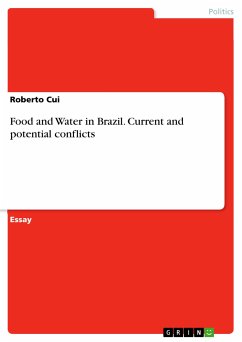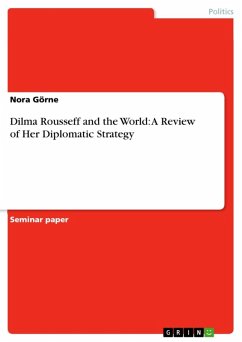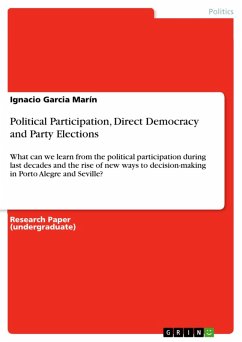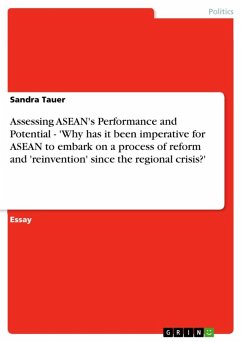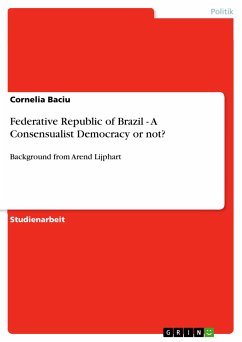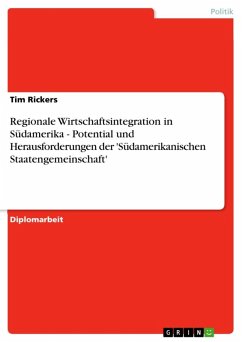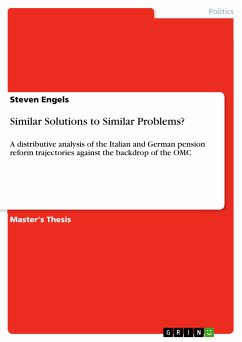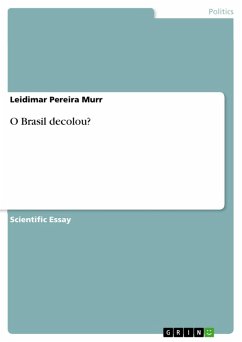Essay from the year 2014 in the subject Politics - International Politics - Region: Middle- and South America, grade: 2C, University of Stirling (School of Arts and Humanities - Division of Law and Philosophy), course: LLM International Energy Law and Policy, language: English, abstract: Recently, Brazil registered one of the fastest economy growth rates in the world: in 2010, its GDP annual growth was of 7.5%. Despite a remarkable reduction of this figure during the following years, forecasts predict that the recovery will take place within few years. This rapid economic growth translates in an increasing stress on the numerous natural resources, in one of the world's wealthiest countries from this point of view. As an example, Brazil is the richest country in the world as regards water. Consequently, the country will probably face a major challenge in counter-balancing the fast GDP growth with the sustainability concept and the integrated management of major development installations. This paper aims to study the current and potential future conflictual impacts of the Brazilian development strategies, in two different areas: firstly, the analysis of the consequences on food and land security will be carried out by focusing on the land-grabbing and biofuels themes; secondly, an assessment of the conflicts related to the displacement of indigenous villages in the hydroelectric power plants pre-construction phase will be conducted. Biofuels play an important role also in the growing demand for water in Brazil. The implications of these developments for the Human Security landscape in the country are directly linked to the overwhelming global theme of Climate Change: Brazil is strongly committed to reduce its GHG emissions, but, as will be seen further, this target often justifies economical choices, agricultural policies and energy strategies which negatively rebound on the local communities who live nearby the development sites, affecting their social lives and livelihoods, as in the case of dams building.
Dieser Download kann aus rechtlichen Gründen nur mit Rechnungsadresse in A, B, BG, CY, CZ, D, DK, EW, E, FIN, F, GR, HR, H, IRL, I, LT, L, LR, M, NL, PL, P, R, S, SLO, SK ausgeliefert werden.

